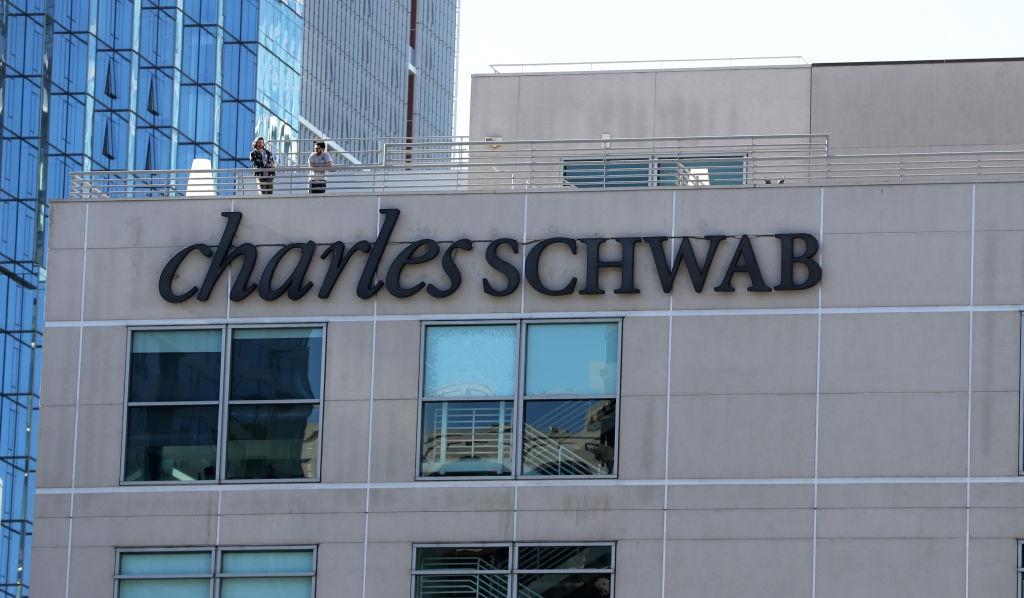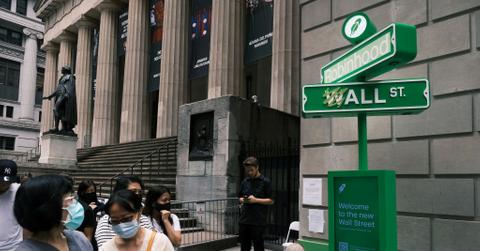Payment for Order Flow: Bias In Commission-Free Trading Garners Scrutiny
Payment for order flow (PFOF) has attracted the SEC’s attention, and changes may be on the horizon for commission-free trading.
June 9 2022, Published 11:42 a.m. ET
Payment for order flow (PFOF) is a controversial trading practice that exists behind the curtains of a market order, but the SEC may be looking to change that. SEC chair Gary Gensler is bringing attention to PFOF and its pitfalls, especially for retail investors using commission-free brokerages.
PFOF is a profit model for commission-free brokerages. These brokerages work with market makers to execute trades. In turn, the market makers reward the brokerages with a profit worth a fraction of the trade. PFOF is problematic because it incentivizes brokerages to execute trades at higher market values, adding a back-door fee to otherwise “free” trades.
Examples of PFOF in action

Brokerages operating on commission-free trading models often rely on PFOF as a primary source of revenue. The reality is that money has the power to create bias, often at the expense of everyday people. In this case, retail investors get the short end of the stick. Investors may be surprised to learn that a brokerage preaching “democratization” is the key perpetrator of PFOF: Robinhood (HOOD).
“Robinhood-pioneered zero trading commissions,” Congress wrote. In the first half of 2020, Robinhood grossed $271.2 million from PFOF alone. The company settled with the SEC later that year, agreeing to pay $65 million over misleading clients on PFOF revenue and more.
Other major brokerages earning off of PFOF include Charles Schwab, TD Ameritrade, and E-Trade. Together with Robinhood, these four institutions earned a collective $2.5 billion on PFOF in 2020.
Why the SEC is investigating PFOF
The SEC has launched a plan to address stock trading rules for the retail trading market. Through this, the SEC aims to increase competition in the commission-free brokerage industry and prevent small-time investors from overpaying for stocks.
The U.S. stock market already prioritizes institutional investors, especially with the advent of automation. The constant inflow and outflow of shares is well beyond what humans alone could produce, and these machines often compete against one another. In a way, that’s what made the GameStop (GME) short squeeze of Jan. 2021 so incredible, whether you were in on the rally or not. People did that, even if those people lost money on PFOF (not to mention a volatile market).
However, Gensler says PFOF is costing individual investors money. We know that it’s possible to operate as a commission-free brokerage without using PFOF. For example, Public.com ditched PFOF last year when the drama began and replaced it with tipping. Gensler and the SEC are seeking PFOF alternatives and ways to build them into regulation.
Will the SEC ban PFOF?
Other countries have already banned PFOF, including Canada, Australia, and the U.K. While the U.S. stock market is incomparable to other markets due to its sheer breadth and volume, that doesn’t mean we won’t see a PFOF ban.
Gensler said he hasn't ruled out a PFOF ban. “I asked staff to take a holistic, crossmarket view of how we could update our rules and drive greater efficiencies in our equity markets, particularly for retail investors,” he stated.

